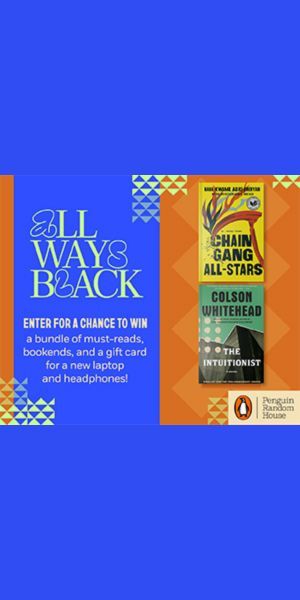
When Children Love Books, They Destroy Them
Being an elementary school teacher has its perks. I get to guide and teach young students right when they’re ripe for absorbing all of the best and most righteous values and practices, right when they’re still excited about learning new skills and cheer when I announce it’s time for math class (I’m not kidding). They’re still young enough to get excited about getting points for reading books, and devour story after story in their quest for those little animations of growing and blossoming sunflowers and increased reading levels. They also get excited when I bring ARCs to the classroom, and when I tell them my personal little lending library is stocked with books they’ll be reading before most other kids. Lucky them! They go bananas.
But what I didn’t expect was how little reverence children have for books, despite their obvious love of them. Children, I’ve learned, consume books in pretty much every sense of the word. Sometimes, I find it baffling how a kid could borrow a book for two days, keep it in their desks at school, and return it looking like it’s been run over and rained on. It’s one of those weird mysteries of life. As I go on, I’m pleased to share some stories from fellow Rioters. Here’s Ashlie Swicker with an anecdote about her young kid, who sounds like he’ll be a book lover for life:
“My son Elliott is banned from bringing library books into his bedroom because after lights out he sneaks books into his bed and almost always rips pages or dust jackets in his unsupervised book delight. He’s been doing this since he was old enough to climb out of his crib, and at 4, he still can’t handle himself. He loves them to death.”
To death, indeed. Kids love and relish books the way I love and relish my favorite meals, it seems. With reckless, wanton abandon. And sometimes I try to do things that’ll extend the books’ lifetimes, like laminate the covers or ban certain students from borrowing. But it’s never enough. Here’s another story from Monica Friedman:
“…I’ve been doing book repair for an elementary school for 5 or 6 years now. Obviously, they all look like they’ve been through the war. Sometimes this is not the kids’ fault: those scholastic editions are very badly bound and designed to fall apart after 10 or so readings. I spend a lot of time putting Goosebumps books back together. A lot of them have covers that are mostly tape at this point. Often, someone will bring in a single page they’ve found somewhere in the school; you’d be surprised at the frequency with which I’m able to reconnect the page to its book. After the Goosebumps books, the Guinness Book of World Records tends to be the most abused. The paperbacks seem to hold up pretty well, but the full-color hardcovers get shredded: pull-out pages ripped, cover separated from pages, everything torn up. I just brought home a copy of Where the Sidewalk Ends that had been torn in a way I’ve never seen: the front cover was separated from the spine. It was only held on by the dust jacket. Sadly, the most egregious book abuse was not perpetrated by the kids. The librarian’s dog ate half a book. He likes to hold it up at the beginning of school as a cautionary tale.”
This presents a view I hadn’t even realized: children’s books, or maybe books in general, just aren’t very well bound. How many of us hold our books carefully, taking pains to not open it too widely, to not crack the spines too much, or get those fold marks on it? How many of us take care to not dog-ear the pages, to not place the book open and face-down on a table, to not rip anything? It’s funny how we go through all this trouble because we value our books as a thing and as an idea, but children, who value them all the same, don’t seem to have problems with their impermanence.
This last story, shared by Amy Diegelman, is delightful in a totally different way. This child defaced her favorite books, not through regular use, but on purpose as a means to an end:
“My favorite story is about a young girl we had who loooved to check out and look through some of our manga, even though she couldn’t really read them. One day a librarian gave her a few discarded books to keep. We had pulled them from the collection and marked out or peeled off all the stickers. Months later, her mother asked to come in and talk to me. She had found a stack of manga the girl had checked out then proceeded to tear APART in an effort to get the stickers off. She thought that if she got the stickers off herself she could keep them! We were able to save a few but the rest had to be thrown out, martyrs to the love of reading.”
Obviously, this kind of thing isn’t universal and doesn’t necessarily apply to all children, but it’s been my experience that they enjoy books with reckless abandon, and as usual, we teachers always have something to learn from our students. I’ve had to learn to let go of the idea of super pristine books which I envision lasting my entire career and perhaps that of some future young teacher. Instead, I have to accept that whatever books I can get my hands on for my students will invariably be destroyed.
Feel free to share your own stories in the comments!














